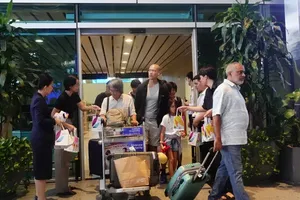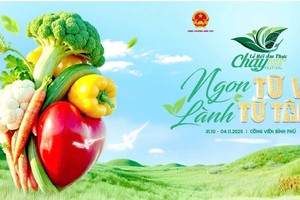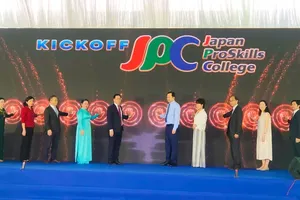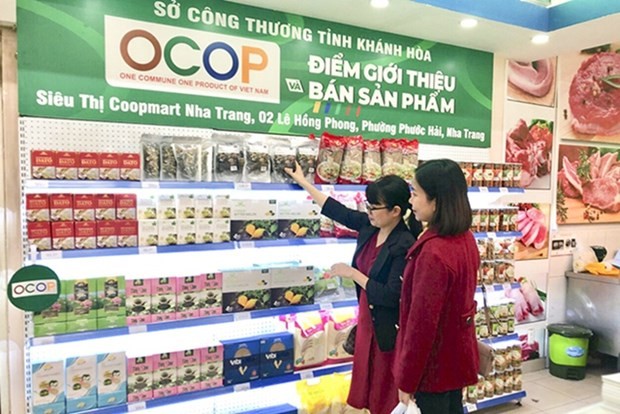 |
Illustrative image (Photo: nongnghiep.vn) |
According to the municipal Department of Industry and Trade, Hanoi leads the country in OCOP products, with nearly 1,700 ranked products from 426 enterprises, cooperatives, and business households in the capital. As many as 80 showrooms for introducing and selling OCOP products have been established in districts and towns, helping widely promote products to consumers and tourists.
Acting Director of the municipal Department of Industry and Trade Tran Thi Phuong Lan said the agency has coordinated with the city’s Center for Investment, Trade and Tourism Promotion and the municipal Department of Agriculture and Rural Development to organise activities to introduce agricultural products of not only Hanoi but also other localities.
A series of programmes such as fruit and farm produce festivals, trade and agriculture promotion fairs, and programmes to introduce OCOP products and specialties were organised in 2022, contributing to promoting the products to locals as well as tourists, she said.
OCOP products have established their position in Hanoi's clean food market and become more popular among consumers, said Nguyen Thi Hoi, Director of Phu Thien Tan Food Co., Ltd.
The city plans to build five pilot centres for the design, innovation and promotion of OCOP products in combination with tourism development in Gia Lam, Thuong Tin, Phu Xuyen and Chuong My districts, and Son Tay town.
According to Vice Director of the municipal Center for Investment, Trade and Tourism Promotion Nguyen Thi Mai Anh, it is necessary to promote the sale of OCOP products through e-commerce platforms, online sales channels, and direct interactive sales (livestream).
The centre has coordinated with the Ministry of Industry and Trade’s E-commerce and Digital Economy Agency to deploy a programme to help farmers sell OCOP products on major e-commerce platforms such as Tiki, Lazada, Sendo, she said.
Hanoi has recognised more than 2,140 OCOP products with more than 800 active trade villages, helping to boost economic development in rural areas while generating jobs for local labourers.
The city aims to have an additional 2,000 OCOP products rated three stars and above by 2025.
The OCOP program, initiated by the MARD in 2008, is based on Japan’s “One Village, One Product” program and Thailand’s “One Tambon, One Product”. It is an economic development program for rural areas and also to help implement the national target programme on new-style rural area building.
OCOP products are made based on the combination of local resources, traditional culture, and advanced technology. The programme looks to provide farmers with a chance to come together to form cooperatives, enabling them to create goods with higher quality and better design and packaging that meet higher standards and market demand.


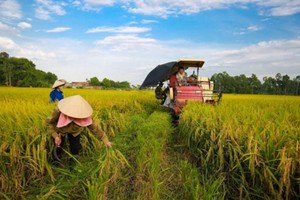
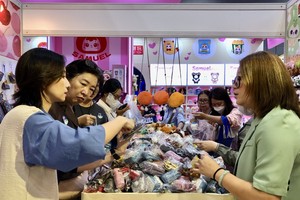
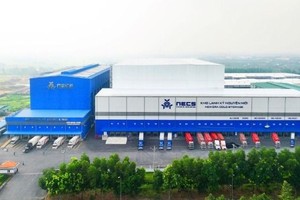
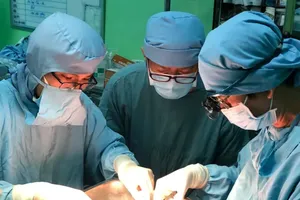


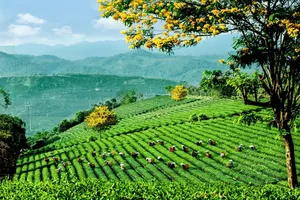

)






